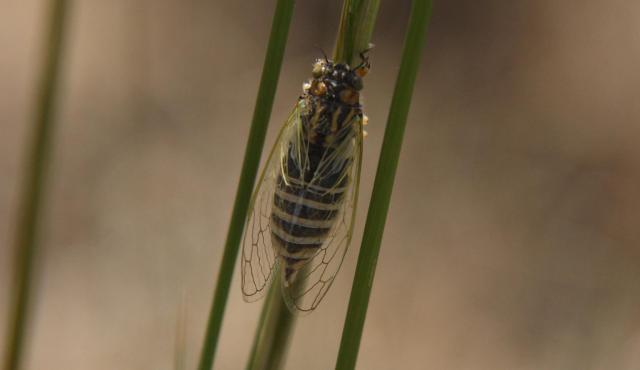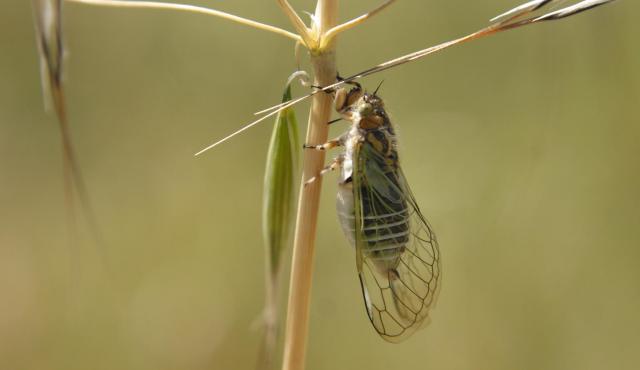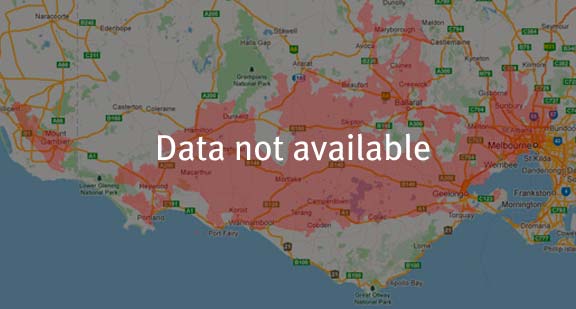A range of teacher professional learning programs will be developed to accompany the Biodiversity of the Western Volcanic Plains online outreach...


Smoky Buzzer
Cicadetta waterhousei
The female pierces plant stems and inserts eggs into the slit produced. Eggs hatch into wingless nymphs that drop to the ground and burrow beneath the surface. The lives of nymphs are spent underground. As they grow they shed their skin at intervals. Adult cicadas live a few weeks only.
| Details | Description |
| Type | Invertebrate |
| Group | Insect - Cicada |
| Other Common Names | Grass Cicada |
| Identifying Characteristics | |
| Distinctive Markings | Antennae are small and bristle-like. |
| Diet | Herbivore. Plant sap from eucalypts, native herbs and grasses. |
| Habitat | Inhabits native and exotic plants including tall trees, coastal mangroves, suburban lawns and desert shrubbery. |
| Native Status | Native to Australia |
| Sounds | A metallic buzzing call. |
| Taxonomy | |
| Phylum | Arthropoda |
| Class | Insecta |
| Order | Hemiptera |
| Family | Cicadidae |
| Genus | Cicadetta |
| Species | waterhousei |

Distribution maps indicate current and historic locations where species have been sighted.
Source: Atlas of Living Australia
| Conservation Status | |
| DEPI Advisory List | Not listed |
| FFG Act | Not listed |
| EPBC Act | Not listed |
The conservation status of species is listed within Victoria and Australia.
The Department of Environment and Primary Industry (DEPI) Advisory List consists of non-statutory advisory lists of rare or threatened flora and fauna within Victoria.
The Flora and Fauna Guarantee Act 1988 (FFG Act) lists threatened species in Victoria. Under the Act, an Action Statement is produced for each listed species.
The Environment Protection and Biodiversity Conservation Act 1999 (EPBC Act) is the Australian Government’s key piece of environmental legislation, listing nationally threatened native species and ecological communities.



